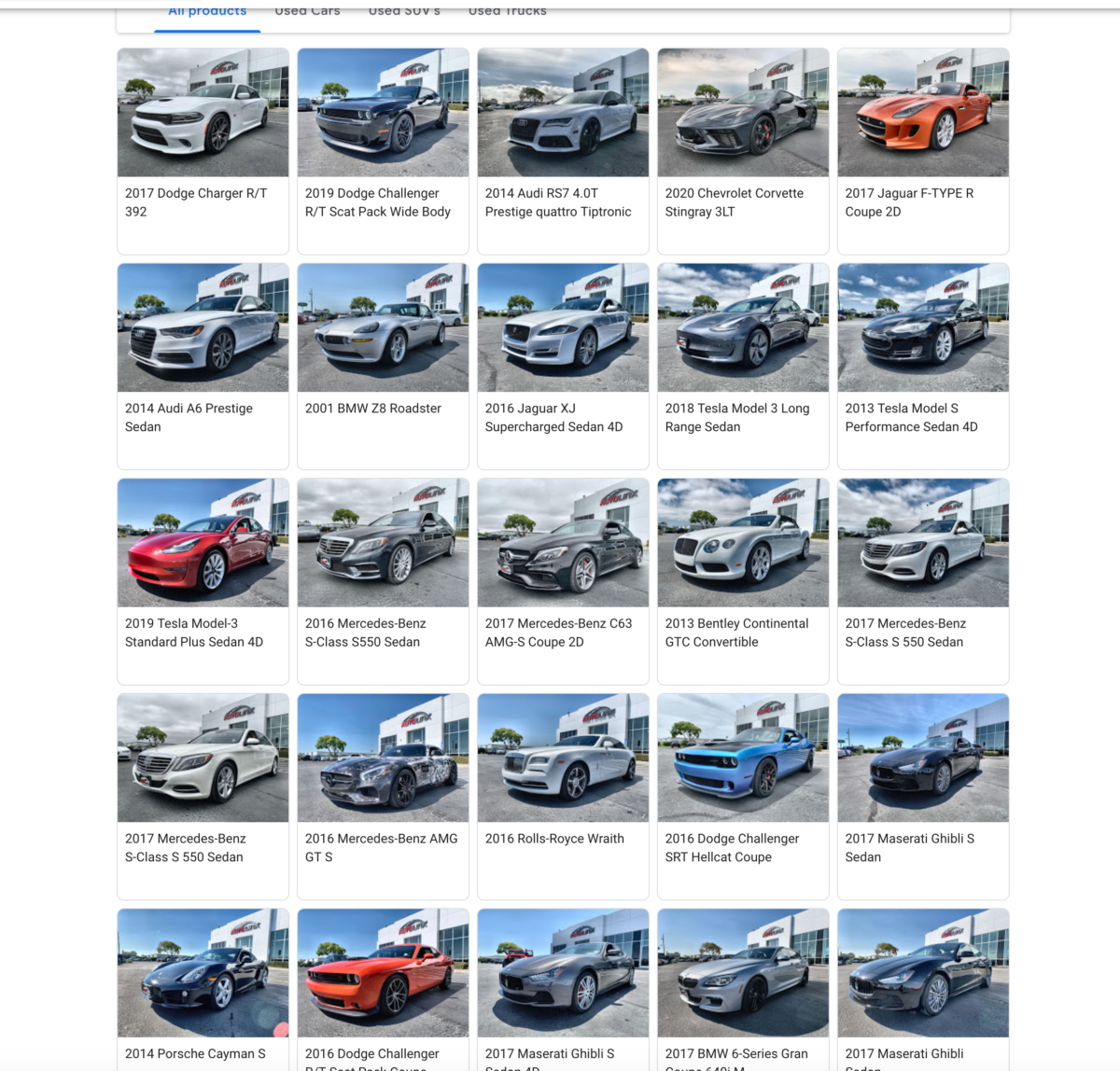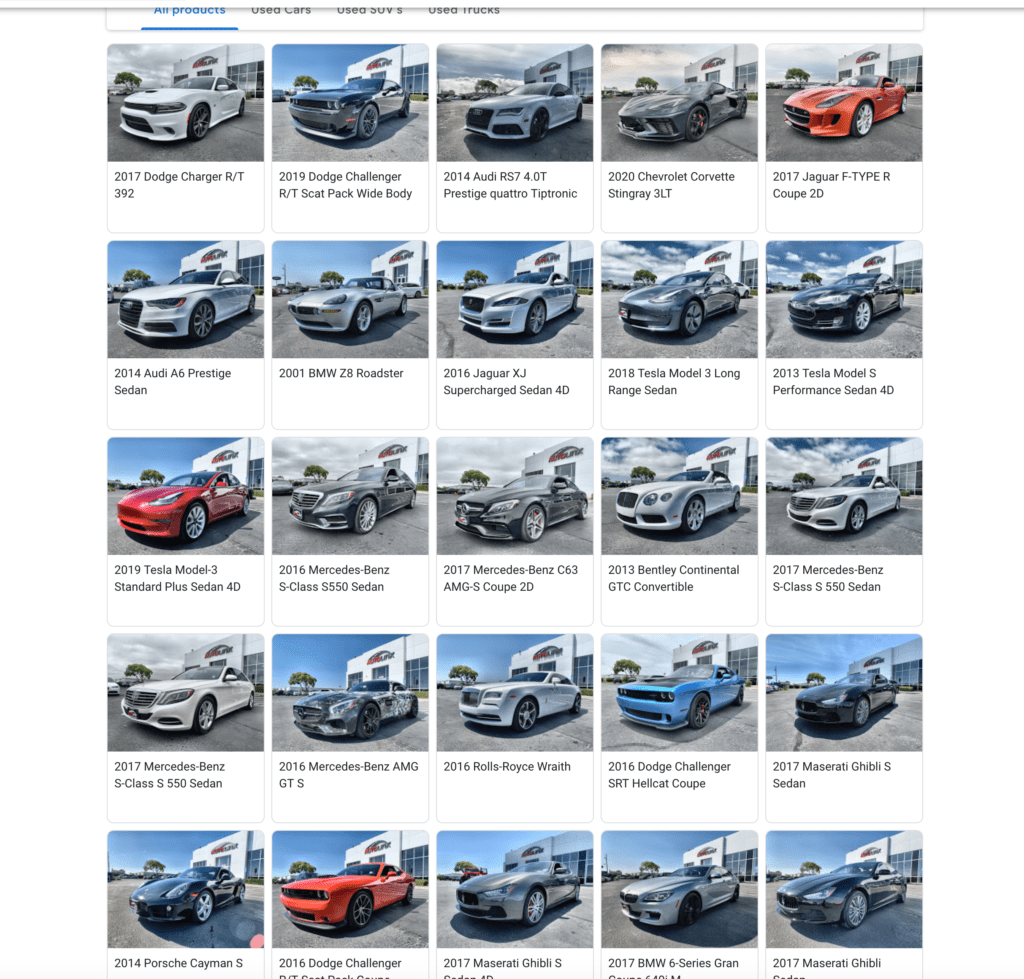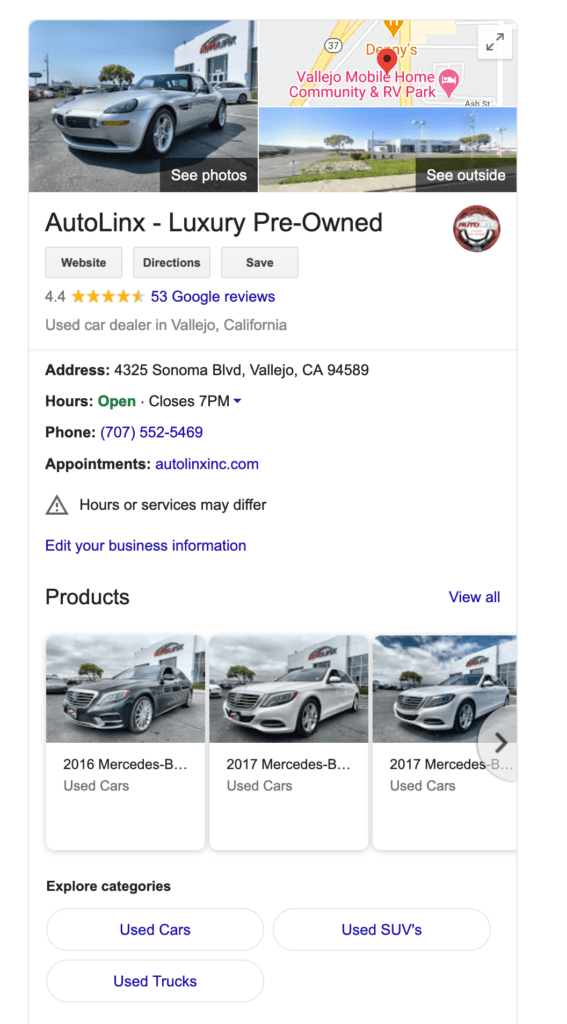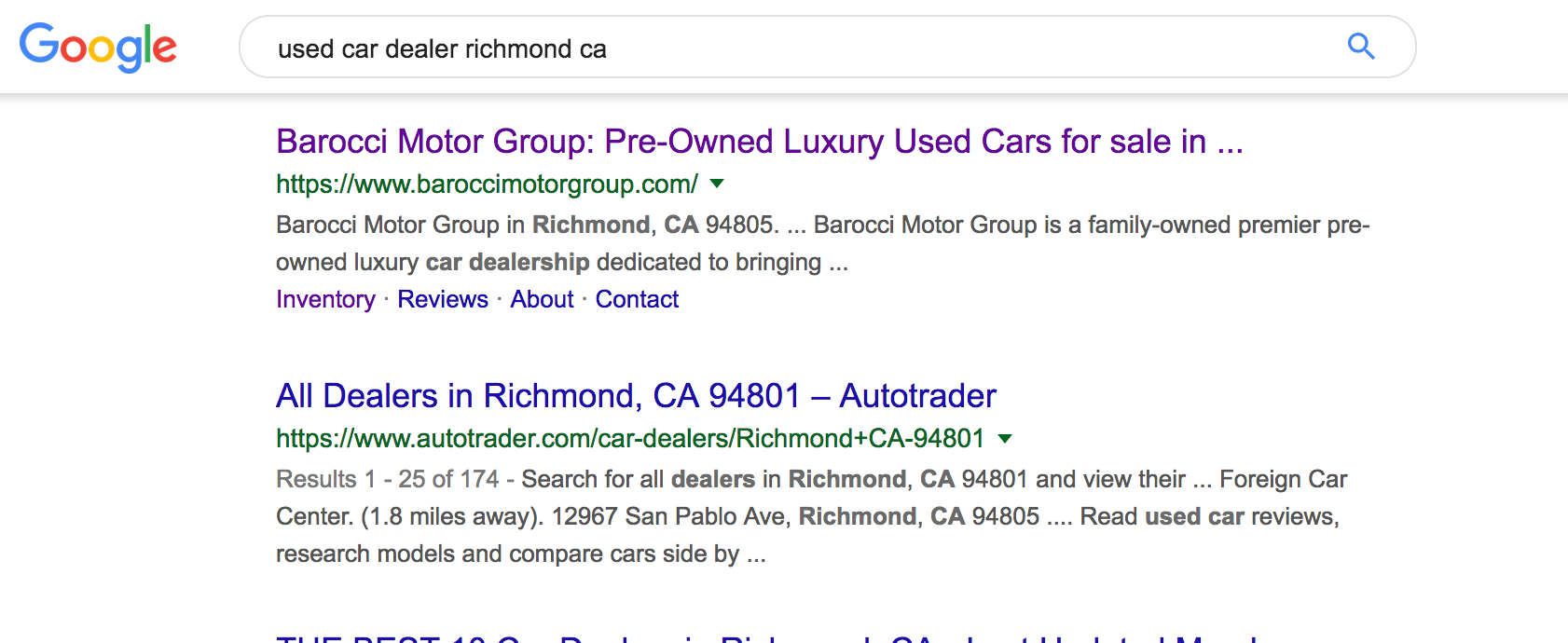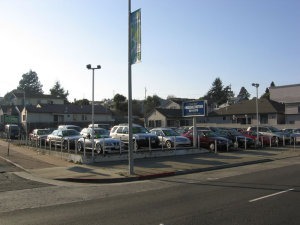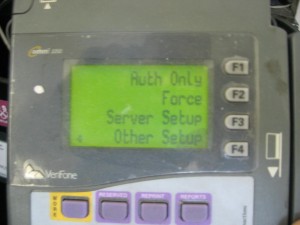If you’ve been in the car business long enough, you’ve likely experienced the sting of sudden price hikes from third-party vendors like Autotrader and CarGurus. These platforms often lure dealers in with attractive introductory rates—only to jack up the prices later with little to no warning. It’s a frustrating cycle, but you don’t have to accept it as the cost of doing business.
Smart dealers are finding ways to push back. Here are some actionable strategies to protect your budget, maintain your visibility, and even improve your ROI in the process.
1. Call Their Bluff: Be Willing to Walk Away
One of the most effective ways to deal with vendor price hikes is to actually leave. Many dealers are afraid to cut ties with major platforms, thinking it will drastically impact leads. But you might be surprised how little it affects your bottom line—especially if you have a strong website and know how to market your inventory.
Use the money you’d spend on a bloated subscription to invest in:
- Google Ads or Meta (Facebook/Instagram) campaigns
- Inventory-based retargeting ads
- Local SEO or geo-targeted campaigns
- Email marketing and referral incentives
Competitor platforms are often hungrier for your business and may offer better terms—or even custom deals just to win you over.
2. Diversify Your Marketing Stack
Relying on one or two major platforms is risky. The more diverse your marketing mix, the less impact any single price hike will have. Consider testing:
- TikTok or YouTube Shorts campaigns showcasing your inventory
- Craigslist or Facebook Marketplace (still huge for used car buyers)
- Regional classifieds or local news sites with automotive sections
- Partnerships with local businesses for cross-promotion
Spreading your budget across multiple channels can help reduce your dependency on any one vendor while increasing your exposure in unexpected places.
3. Use AI to Negotiate Smarter Contracts
Artificial intelligence is changing the game for negotiations. There are now AI-powered tools and services that can:
- Analyze contract terms and highlight hidden clauses or risks
- Benchmark pricing based on industry standards
- Generate counteroffers using optimized language for better results
Even simple tools like ChatGPT can help you draft professional, firm, and persuasive negotiation emails to vendor reps.
Before renewing your contract, run it through an AI contract analyzer—or better yet, use AI to generate a new contract proposal that’s in your favor.
4. Document Every Agreement
One common frustration with vendors like Autotrader and CarGurus is the lack of transparency. Prices often increase without documented notice.
Protect yourself by:
- Requesting all rate quotes in writing
- Saving copies of your original agreements
- Confirming any verbal agreements with a follow-up email
If a vendor cannot honor your original pricing, use that documentation to leverage better terms—or show it to competitors who may match or beat the offer.
5. Track ROI Like a Hawk
Not all leads are created equal. Track where your leads are coming from and how well they convert. If you’re spending $2,000 a month on a platform that only brings in tire-kickers, it’s time to pivot.
Use CRMs, Google Analytics, or ad platform dashboards to determine:
- Cost per lead (CPL)
- Cost per sale
- Average gross profit per vendor channel
You may find that your best leads come from unexpected sources—often for a fraction of the cost.
Final Thoughts
Vendors will always try to raise prices—it’s their business model. But that doesn’t mean you’re powerless. Car dealers who are proactive, data-driven, and willing to explore new strategies can turn vendor price hikes into an opportunity for growth.
Remember: the best marketing strategy is one you control. Start reallocating your budget with purpose, negotiate contracts with confidence, and use every tool at your disposal—including AI—to stay ahead of the game.
Want help building a more independent, ROI-driven marketing plan? Let’s talk.
Enjoy this post? We have also written tips for taking quality photos for your used car dealership, and how to handle negative reviews. Learn more about our Dealer SEO services.

